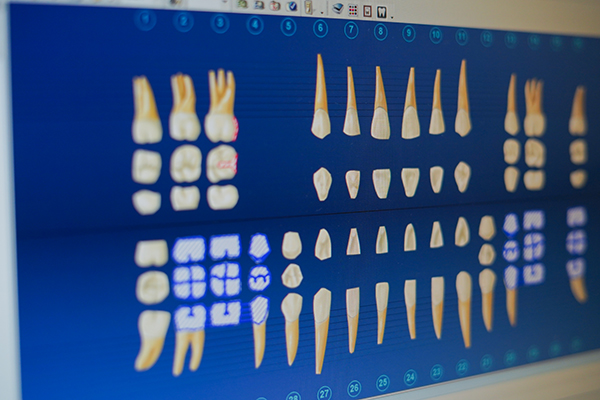A chipped tooth can be a distressing and painful experience. Whether it’s the result of an accident, biting into something hard, or simply wear and tear over time, a chipped tooth requires prompt attention. In this comprehensive guide, we’ll explore the steps you should take if you find yourself with a chipped tooth. From immediate first aid to long-term solutions, we’ve got you covered.
1. Assess the Damage
- The first step after chipping a tooth is to assess the extent of the damage. Is it a minor chip or a more severe fracture?
- Check for any bleeding, pain, or sensitivity around the chipped area.
2. Rinse Your Mouth
- Gently rinse your mouth with warm water to remove any debris or blood.
- Be careful not to use hot or cold water, as extreme temperatures can increase sensitivity.
3. Save the Chipped Fragment
- If you have managed to locate the chipped-off piece, save it. In some cases, a dentist may be able to reattach it.
- Place it in a clean container with a bit of milk or saliva to keep it moist.
4. Control the Pain and Swelling
- Over-the-counter pain relievers like ibuprofen can help manage pain and reduce inflammation.
- Applying a cold compress to the affected area can also provide relief.
5. Cover Sharp Edges
- If your chipped tooth has sharp or jagged edges, you can use dental wax or sugarless gum to cover them temporarily.
- This will help prevent further injury to your tongue, cheeks, or lips.
6. Avoid Certain Foods
- Stay away from extremely hot, cold, or hard foods that could worsen the chipping or cause more discomfort.
- Opt for soft, lukewarm foods instead.
7. Schedule an Appointment with a Dentist
- While the above steps can provide temporary relief, it’s crucial to consult a dentist as soon as possible.
- A dentist will evaluate the extent of the damage and recommend the appropriate treatment.
8. Treatment Options
The treatment for a chipped tooth depends on its severity:
- Minor chips may only require dental bonding, where a tooth-colored resin is applied to the chipped area.
- For larger chips or fractures, a dental crown may be recommended to restore the tooth’s shape and strength.
- In cases of severe damage, such as when the pulp is exposed, a root canal followed by a crown might be necessary.
- Dental veneers are an option for aesthetic improvements for chipped front teeth.
9. Long-Term Care
- After your dentist has addressed the immediate issue, maintaining good oral hygiene is essential.
- Regular brushing, flossing, and dental check-ups will help prevent further damage to your teeth.
10. Why Professionals Can Help
- Professionals have the expertise and the equipment to accurately assess the damage and provide the most suitable treatment.
- They can ensure that the repaired tooth functions properly and looks natural.
- Professionals can also address any underlying issues that may have led to the chipped tooth, such as teeth grinding or malocclusion.
Contact Your Local Dentist Today
A chipped tooth can be a painful and concerning experience, but with the right steps and professional care, you can regain your smile and oral health. If you are looking for a dependable dentist in the Central Arkansas area, look no further than Dr. Tina Nichols, DDS, located in Little Rock! With over 20 years of experience in the dental field, Dr. Nichols has the expertise and skills to meet all your oral health needs with the highest level of efficiency. Don’t delay any longer; schedule your appointment today by contacting us at (501) 664-7444! Remember – prompt action and professional guidance are crucial when dealing with a chipped tooth, so don’t hesitate to seek help from a qualified dentist to ensure the best possible outcome for your dental health.


Recent Comments